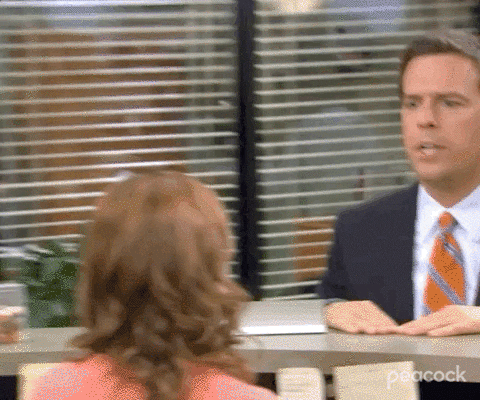It’s important to make journaling a regular part of your creative process.
Use your journal as a space to jot down ideas, sketch out rough drafts, and brainstorm new projects.
This will not only help you develop your ideas but also give you a tangible record of your progress.
When you want to turn journal material into tangible projects, revisit your journal entries and selecting ones that stand out to you.
From there, you can use these entries as a starting point for a more extensive project.
For example, if you’ve written a poem in your journal that you’re proud of, you can work on editing and refining it until it’s polished enough to be song lyrics.
Another option is to use your journal as a source of inspiration for a larger project.
For example, if you’ve been taking notes on the world around you, you can use those observations to create a series of illustrations or paintings.
Examples of successful projects that started with journaling.
- The Diary of a Young Girl by Anne Frank – Anne’s diary, which she kept while in hiding during World War II, eventually became one of the most widely read books in the world. Granted, this was never intended to be published, but it was, and here we are.
- “Persepolis” by Marjane Satrapi – This graphic novel is based on Satrapi’s experiences growing up in Iran during the Islamic Revolution. Satrapi used her journal as a source of inspiration for the project.
- “Wild” by Cheryl Strayed – Strayed’s memoir, which chronicles her solo hike along the Pacific Crest Trail, started as a series of journal entries.
Your journal is a valuable tool for creative projects.
By integrating journaling into your creative process, revisiting old entries, and using them as a source of inspiration, you can turn your journal into a springboard for your creative ideas.
So next time you pick up your pen, remember that those pages may hold the key to your next masterpiece.

Do what makes your soul shine.
I can’t stress this enough. Do👏what👏makes👏your👏soul👏shine.
And don’t ask your creative work to be easy.
In fact, it’s unrealistic to expect it to be easy all the time, or even most of the time.
If your creative work is just easy all the time, you’re probably taking it easy, too, not really challenging yourself.
Instead, you should strive to make your creative work interesting.
Follow those parts of the work that are fun and interesting and that lead you on with curiosity.
When you feel excited to use whatever little time you have to do your creative work, you’re on the right track.
“For most of human history, then, the vast majority of people have made their art in stolen moments, using scraps of borrowed time–and often using pilfered or discarded materials, to boot.”
– Elizabeth Gilbert
When you do what makes your soul shine, you’re willing to take risks, try new things, and embrace the challenges that come with the creative process.
If you only pursue creativity when it’s easy, you’re missing out on the deeper, more meaningful aspects of the creative journey.
Embrace the difficulties and frustrations that come with creative work, and see them as opportunities for growth and learning.
By adopting a mindset of curiosity and openness, and by embracing the challenges of the creative process, you unlock your full creative potential and create work that is truly meaningful and impactful.
So instead of seeking out an easy path, embrace the adventure and uncertainty of the creative journey.
Replace “can’t” with “won’t” and see what happens.
The word “can’t” is limiting because it implies that something is impossible or beyond your control.
By contrast, the word “won’t” acknowledges that you have a choice in the matter and can choose to take responsibility for your decisions.
Using “won’t” instead of “can’t” will help you become more empowered and intentional in your life.
For example, instead of saying “I can’t exercise today,” you say “I won’t exercise today because I have other priorities.”
By using “won’t,” you are taking ownership of your decision and acknowledging that it is within your control.
In general, I encourage you to be mindful of the language you use and to choose words that reflect a sense of agency and possibility.
By re-framing “can’t” as “won’t,” you can shift your mindset and open yourself up to new opportunities and possibilities.
Words are important.
The words you use to tell your story – the story you tell yourself about yourself on a daily basis – matter.
It’s your story, so tell it well.
All the love, all the power ❤️🔥

Next: Why your brain is the most important tool you have for creating real change >>
Falling for my words? Join the party on Patreon🎉
It’s a wild garden, loosely tended and peppered with drafts, ideas, partials and sketches. For less than a single coffee, you get more stories, too! Including the Ravaging Phantom novella.
Stay as long as you like. You can also leave at any time if you don’t know anyone and the music sucks. (Also: there’s no music, just like an existential party.)





